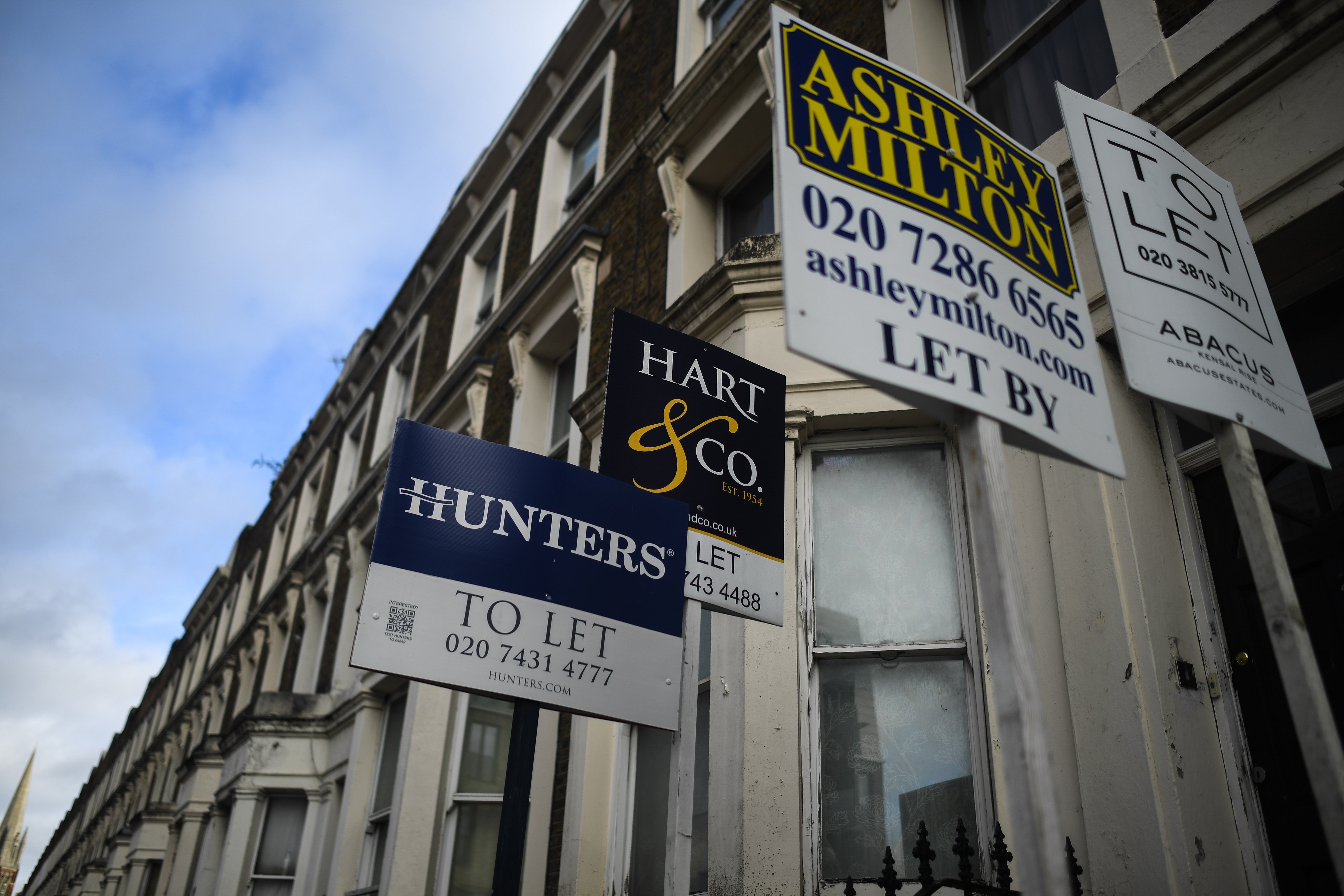UK average house price tops £250,000 for first time ever but downturn on the way, Halifax reports
Government support including stamp duty holiday and furlough scheme help to keep housing market buoyant

Your support helps us to tell the story
From reproductive rights to climate change to Big Tech, The Independent is on the ground when the story is developing. Whether it's investigating the financials of Elon Musk's pro-Trump PAC or producing our latest documentary, 'The A Word', which shines a light on the American women fighting for reproductive rights, we know how important it is to parse out the facts from the messaging.
At such a critical moment in US history, we need reporters on the ground. Your donation allows us to keep sending journalists to speak to both sides of the story.
The Independent is trusted by Americans across the entire political spectrum. And unlike many other quality news outlets, we choose not to lock Americans out of our reporting and analysis with paywalls. We believe quality journalism should be available to everyone, paid for by those who can afford it.
Your support makes all the difference.The average UK house price has surpassed a quarter of a million pounds for the first time, according to the UK's largest mortgage lender.
Halifax, which is part of Lloyds Banking Group, said the average price paid for a home in October was £250,457, a jump of 7.5 per cent in a year.
The rise was partly driven by people looking for larger homes as a result of the coronavirus pandemic.
However, Halifax warned that the crisis would put downward pressure on prices, with a fall expected to come in early 2021.
Month-to-month growth slowed considerably from 1.5 per cent in September to 0.3 per cent in October.
Russell Galley, managing director at Halifax, said government support, including a stamp-duty holiday and the extension of the furlough scheme, had delayed the expected downturn.
“Transaction levels continue to be supercharged by pent-up demand as a result of the spring/summer lockdown, as well as the chancellor's waiver on stamp duty for properties up to £500,000,” he said.
“While government support measures have undoubtedly helped to delay the expected downturn in the housing market, they will not continue indefinitely and, as we move through autumn and into winter, the macroeconomic landscape in the UK remains highly uncertain.”
He added: “We expect to see greater downward pressure on house prices as we move into 2021.”
Anna Clare Harper, chief executive of asset manager SPI Capital, said: “According to Halifax, house prices were 7.5 per cent higher than in the same month a year earlier.
“On the face of it, this feels like positive news amidst much that is negative – economically, politically, and socially – at least for property owners. It's not as simple as this, and this pace of growth is not forecast to continue at the same level.
“Right now, prices are being buoyed up by the temporary stamp duty reduction, the release of pent-up demand and supply, and the desire to improve surroundings following lockdown.”
She continued: “The housing market is not one market. If you're thinking about buying a property in this fast-changing environment, one of the best things you can do is to detach from the emotional dimension, so that you are able to analyse whether you are getting a good price and ‘value for money’.”
Lucy Pendleton, from estate agency James Pendleton, said: “A boom followed by a bust in the spring should be avoided at all costs, but the higher prices travel, the more likely that is.
“However, a slowdown in monthly price growth indicates that the market has already started to level off.”

Join our commenting forum
Join thought-provoking conversations, follow other Independent readers and see their replies
Comments